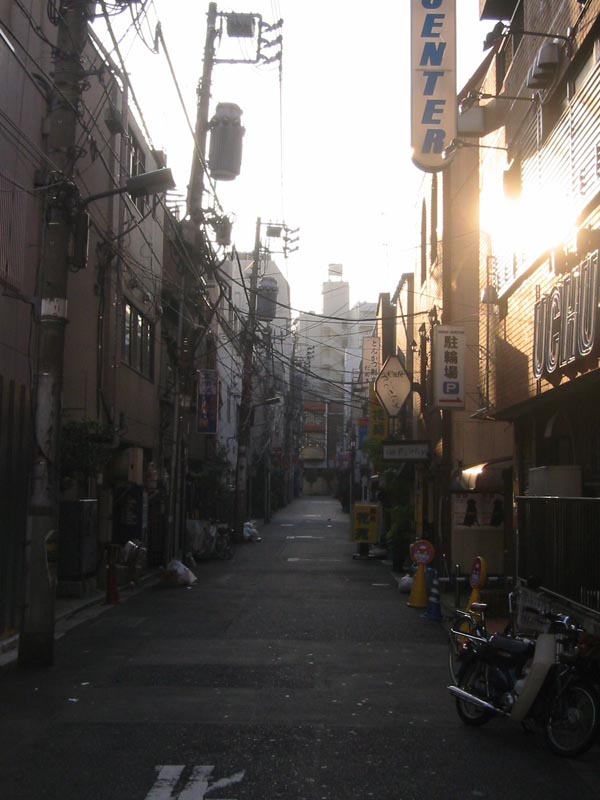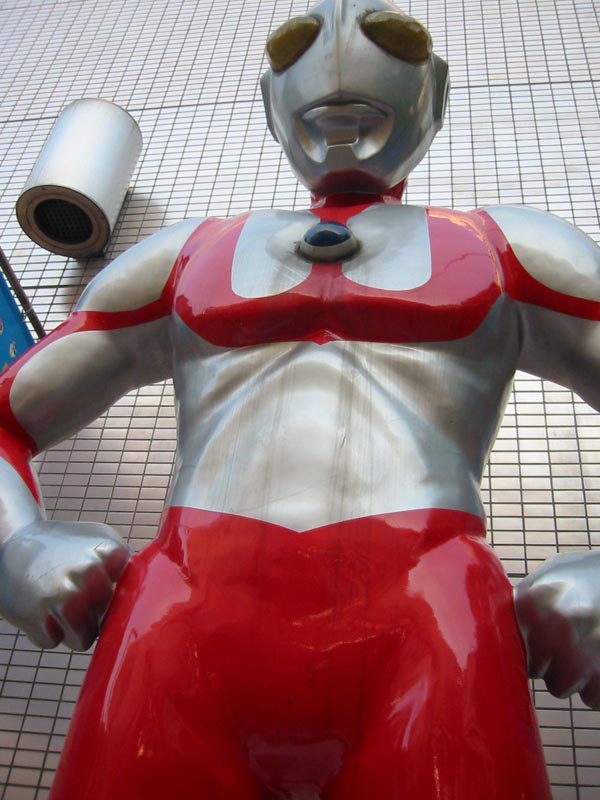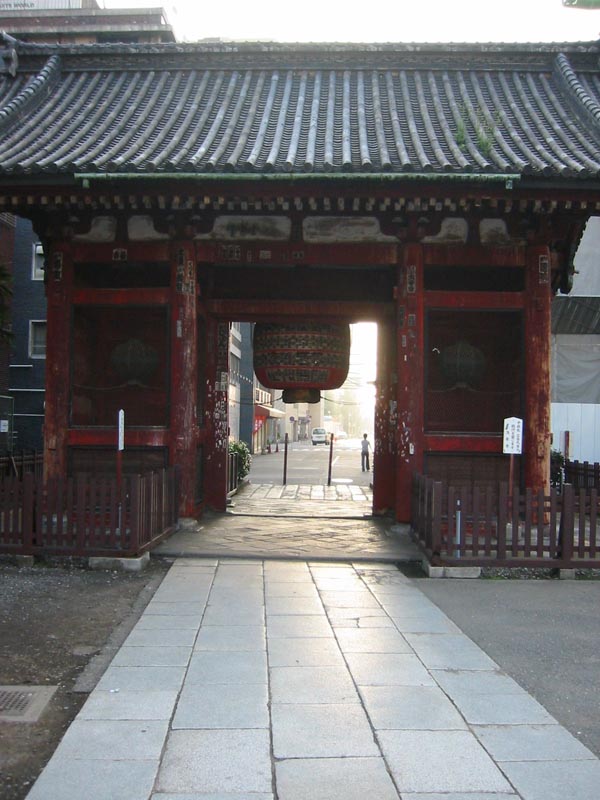What’s so good about Dragon Quest games?
There’s no nonsense to them. Keep in mind every other JRPG is a Dragon Quest clone, and has to contrive something to set itself apart from Dragon Quest. Draon Quest is, therefore, the fundamental game that everything else is a deviation from.
And there is a certain purity and wholeness to it, as an experience. It’s balanced for a certain sense of immediacy: all that matters is right now.
For the most part, the game realizes where its abstractions are and that they are abstractions. Although it’s mostly just statistics, fighting means something in and of itself: the stronger you get, the further you can safely explore. The larger your world becomes. It’s a barrier you must butt heads with if you want to grow. Nothing to glory in; it’s just a fact. This is compared to most RPGs where you fight to make it easier to beat upcoming bosses, or to level up for the sake of levelling up, or where fighting appears to be the whole point, for whatever reason, rather than a mere fact of exploration in dangerous places — and where you move forward to get to the next area and forward the plot and finish the game.
Its simplicity and its honestness really drive home how most other JPRGs have missed the point — by slapping on extra systems, extra layers of complexity just to make themselves different, trinkets, fetishes, by taking literally things that were abstract for a reason (like the numbers, or the concept of an “overworld”), by putting the focus on petty issues rather than practical ones.
When it comes down to it, Dragon Quest is about growing up, maturing, seeing the world. Experience has meaning, because the more experience you have the broader your world becomes. Money is practical because it allows you buy tools to help you in your travels.
You will constantly be hitting your head against your limit and being forced to go home, rest, recuperate. The next day you go out and hit the world again, a little wiser, a little stronger. Maybe today you’ll see something you never saw before.
That’s more or less the focus of every game. DQ8 makes it more clear by making trees trees, making mountains mountains, giving you a horizon and putting things on it to inspire you to go out and look for them. You will still keep having to go home. Stray too far, too quickly, and you will get in over your head and you will be in trouble. And you might just get killed. Yet that danger just adds all the more excitement to every day’s travel.
Curiously, if you can get around the interface issues (like having to choose “stairs” from a menu every time you want to climb them), the original Dragon Warrior has hardly dated at all. Again, that’s just a matter of the game’s fundamental simplicity. It’s like playing Super Mario Bros. or Asteroids. They’re all complete, as far as they go. Not as complex as current games, but so what. What’s complexity other than complexity. Compare that to Final Fantasy 1, which is pretty much unplayable by current standards. It just doesn’t know what it’s doing, or — more importantly — why it’s doing what it does.
When it comes down to it, playing Dragon Quest is a meditative experience. In Dragon Quest, things just Are. When you play, you just Are. It’s a game about Being. There’s no real goal; anything that the game might throw at you is a MacGuffin, really. Something to get you out the door. It’s a joyous game, a little melancholy, all about the patterns of life and change while always remaining the same. It’s happy simply to exist, and do what it does because that’s what it was put there to do. No ambition. No glory. No drama. Just a quest. A quest after dragons.
This Week’s Releases (Sep 26-30, 2005)
by [name redacted]
Week twelve of my ongoing, irreverent news column; originally posted at Next Generation
Catching up from a strong PSP showing at TGS, the DS has begun its cavalcade of fall delights. Also, some decent compilations and a creative D&D game. Check it out!
Today (Monday, September 26th)
Trace Memory (DS)
Jinx/Nintendo
In Japan, this is called “Another Code”. Neither name is that memorable, I’m afraid. The game itself is (as with Lost in Blue, below) one of the new slate of adventure games that serves to demonstrate how the DS hardware might be used. Trace Memory is in essence a Myst-style adventure game – nothing special on its own right, except that point-and-click games have generally been alien to the console and handheld side of the industry, due in part to interface issues, in part to the different mindspace projected by a PC and a TV environment.
In their intimacy, handheld games are a little closer to PCs than are console games – so in theory, the only real hurdle should be the interface. With its stylus and touch screen, the DS is perhaps even more ideal than a PC-and-mouse setup; simply tap where you wish to look. Beyond this, Trace Memory blurs a few edges between PC adventure games and console-style adventures by displaying an overhead view on the top screen and leaving the bottom screen for your character’s first-person perspective. Use the control pad to precisely navigate, or use the touch screen to point your way around. You can think of the bottom screen as a heads-up display or the top screen as a mere map, if you like.
The game is short, from what I gather. That seems just as well, for what the game is. There was a little buzz around Another Code a few months ago, even before people stopped dismissing the DS out-of-hand – so it should gain a small and reasonably loyal following on release. Even if it doesn’t sell through the roof, it still should be valuable to study.













